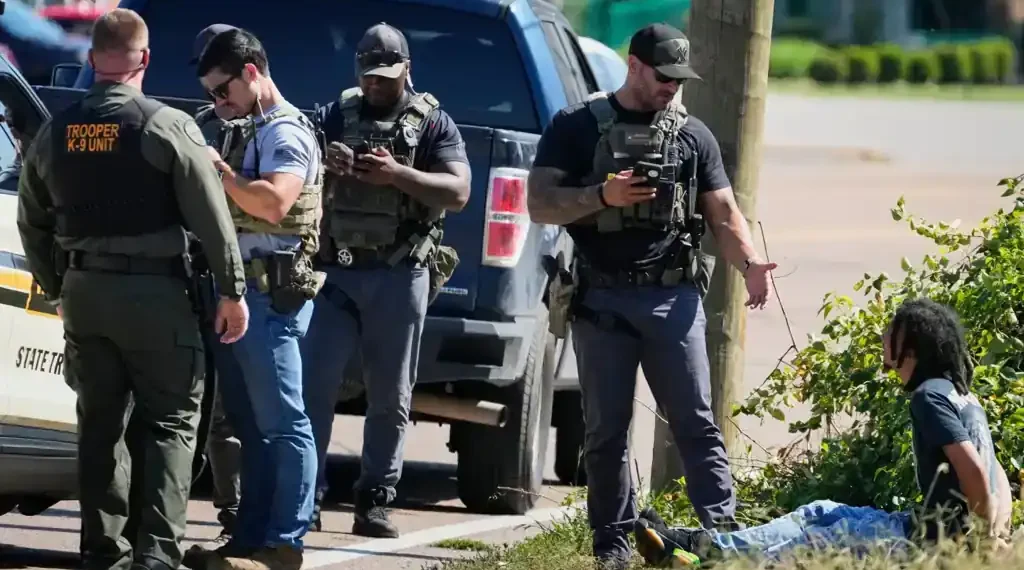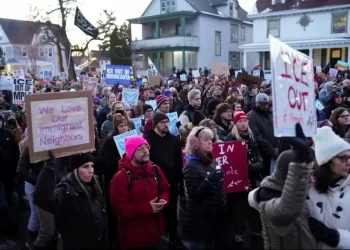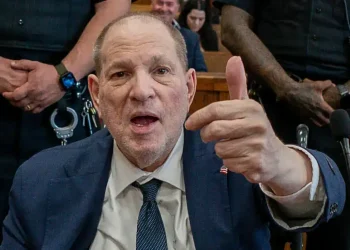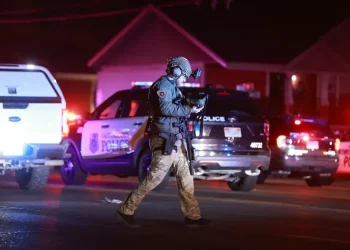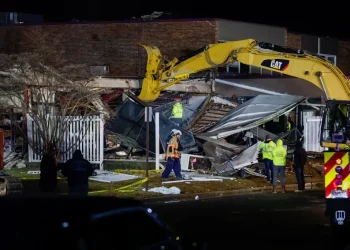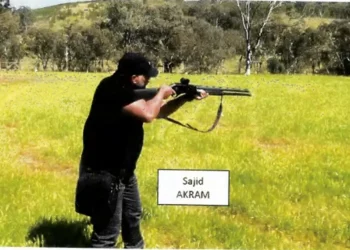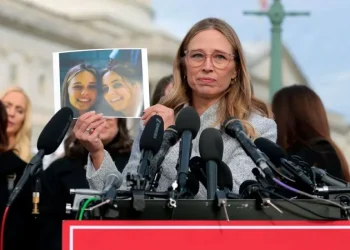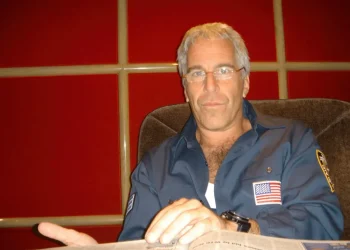Thousands Arrested in Memphis Task Force Operation Creates Court and Jail Backlog
MEMPHIS, Tenn. (Journos News) – Since late September, Memphis, Tennessee, has experienced a surge in law enforcement activity after a task force ordered by former President Donald Trump began targeting crime in the city. The initiative, involving federal, state, and local officers along with National Guard support, has led to over 2,800 arrests and more than 28,000 traffic citations in a city of approximately 610,000 residents. Officials warn that the resulting pressure on courts and jails could persist for months or even years.
Background of the Memphis Safe Task Force
The Memphis Safe Task Force was launched with the stated goal of reducing violent crime in the city, which has struggled with rising homicide rates. Between 2018 and 2024, homicides increased by 33% and aggravated assaults rose 41%, according to AH Datalytics, a national crime data tracker. Despite a 20% decline in reported crimes during the first nine months of 2025, authorities pursued an aggressive enforcement strategy targeting fugitives, traffic violations, and other offenses.
Supported by Republican Governor Bill Lee, the task force represents a combined federal-state-local effort to curb violent crime, including nearly 300 homicides in 2022 and close to 400 in 2023. Task force operations have involved traffic stops, warrant executions, and fugitive searches, generating both praise for crime reduction efforts and criticism over community impacts.
Community Concerns and Minority Impact
Critics in Memphis, a majority-Black city, argue that the task force disproportionately affects minority communities and intimidates law-abiding residents. Some Latino residents report avoiding workplaces, churches, and restaurants for fear of detention or harassment. Administrative warrants, particularly related to immigration enforcement, accounted for 319 arrests by late October.
Local advocacy groups warn of broader social consequences. Josh Spickler, executive director of Just City, a Memphis-based criminal justice reform organization, described the human cost as “astounding.” Community leaders express concern that such measures may undermine trust between residents and law enforcement while creating lasting social disruption.
Strain on Courts and Legal System
The surge in arrests has significantly impacted Memphis’s aging criminal courthouse. Court dockets are crowded, forcing defendants to wait longer for hearings, while traffic court backlogs have caused some residents to miss work. Shelby County officials are exploring options to address the overload, including night and weekend court sessions, but such measures would incur additional costs.
Shelby County District Attorney Steve Mulroy noted that the deployment could have benefited from more planning. “More thought could have been put into the downstream effects of the increased arrest numbers,” he said, citing the extended waiting periods for bail hearings and the strain on court resources.
Overcrowding at Shelby County Jail
Shelby County Jail, designed for 2,400 inmates, held an average of 3,195 detainees in September 2025, with numbers expected to rise. Inmates are temporarily being housed at other facilities, including some outside the county, complicating legal representation and visitation. Chief Jailer Kirk Fields requested at least $1.5 million in emergency funds to cover additional costs for food, clothing, bedding, and staffing.
The increase in jail bookings, estimated at 40% compared with the previous year, has also prompted officials to consider expanding staffing, increasing public defender and prosecutor availability, and providing support for detained individuals with low-level offenses.
Judicial Response and Additional Measures
Shelby County Mayor Lee Harris has requested additional judges to handle the projected 3,500–5,000 arrests anticipated from task force operations. The Tennessee Supreme Court has designated two senior judges to assist if necessary but determined that additional permanent judges were not immediately required.
Authorities are exploring flexible scheduling, including weekend and night courts, and potential clinics for resolving low-level misdemeanor cases. Mulroy’s office is also reviewing whether pretrial detention is justified for individuals not considered a flight risk or public danger.
Task Force Perspective
Ryan Guay, spokesperson for the U.S. Marshals Service and the Memphis Safe Task Force, emphasized that high arrest numbers reflect operational effectiveness. “We recognize that this success places additional demands on the broader criminal justice system, including courts and detention facilities,” he stated.
The Federal Bureau of Prisons has made a satellite prison camp available to the task force, with oversight by the Shelby County Sheriff’s Office. Officials have declined to specify the location for operational security reasons.
Looking Ahead
The Memphis Safe Task Force has underscored the challenges of balancing aggressive crime-fighting initiatives with the capacity of local judicial and correctional systems. As officials navigate jail overcrowding, court backlogs, and community concerns, the city faces a prolonged period of adaptation and resource allocation to accommodate the task force’s impact.
This article was rewritten by JournosNews.com based on verified reporting from trusted sources. The content has been independently reviewed, fact-checked, and edited for accuracy, neutrality, tone, and global readability in accordance with Google News and AdSense standards.
All opinions, quotes, or statements from contributors, experts, or sourced organizations do not necessarily reflect the views of JournosNews.com. JournosNews.com maintains full editorial independence from any external funders, sponsors, or organizations.
Stay informed with JournosNews.com — your trusted source for verified global reporting and in-depth analysis. Follow us on Google News, BlueSky, and X for real-time updates.
